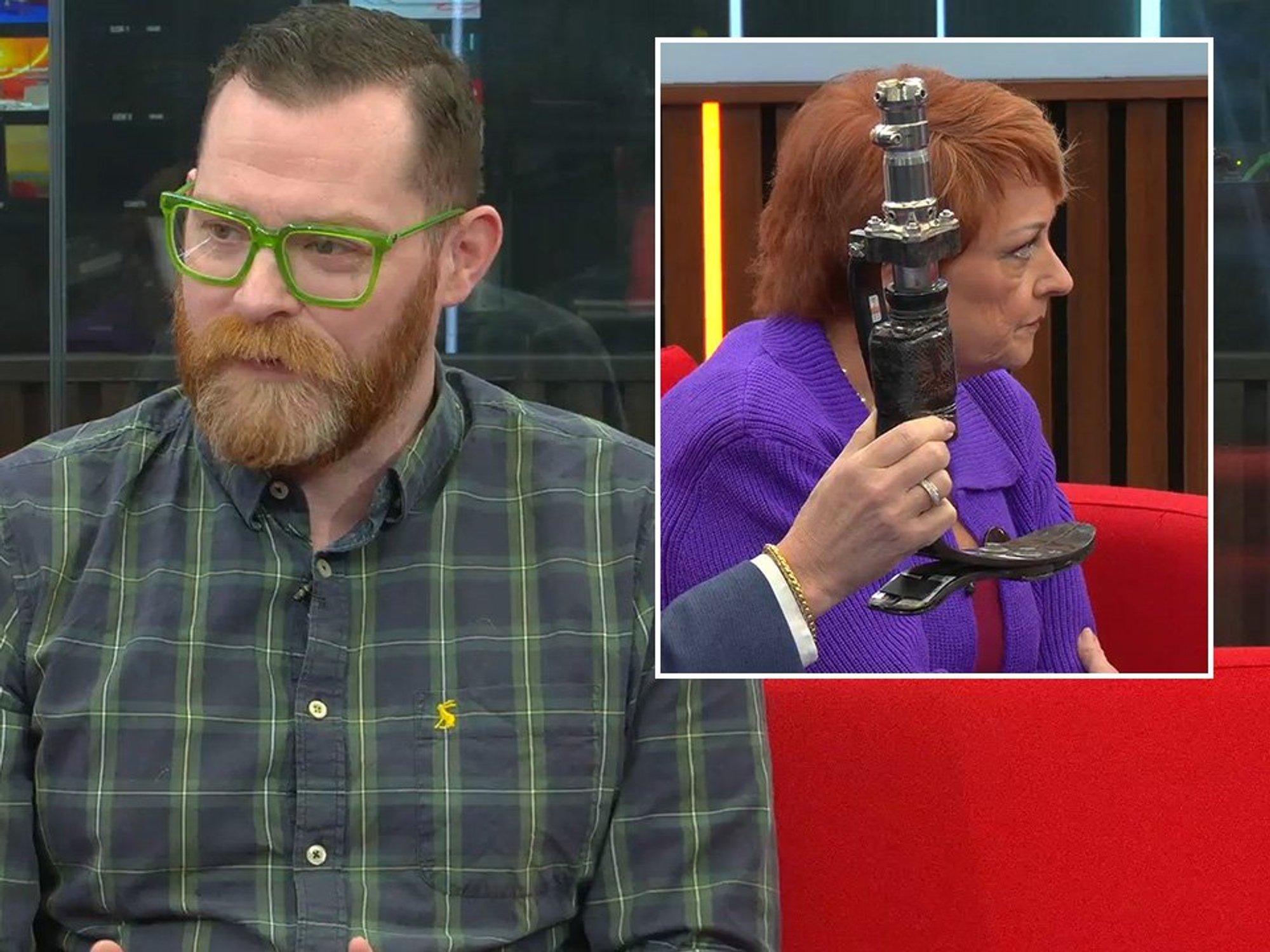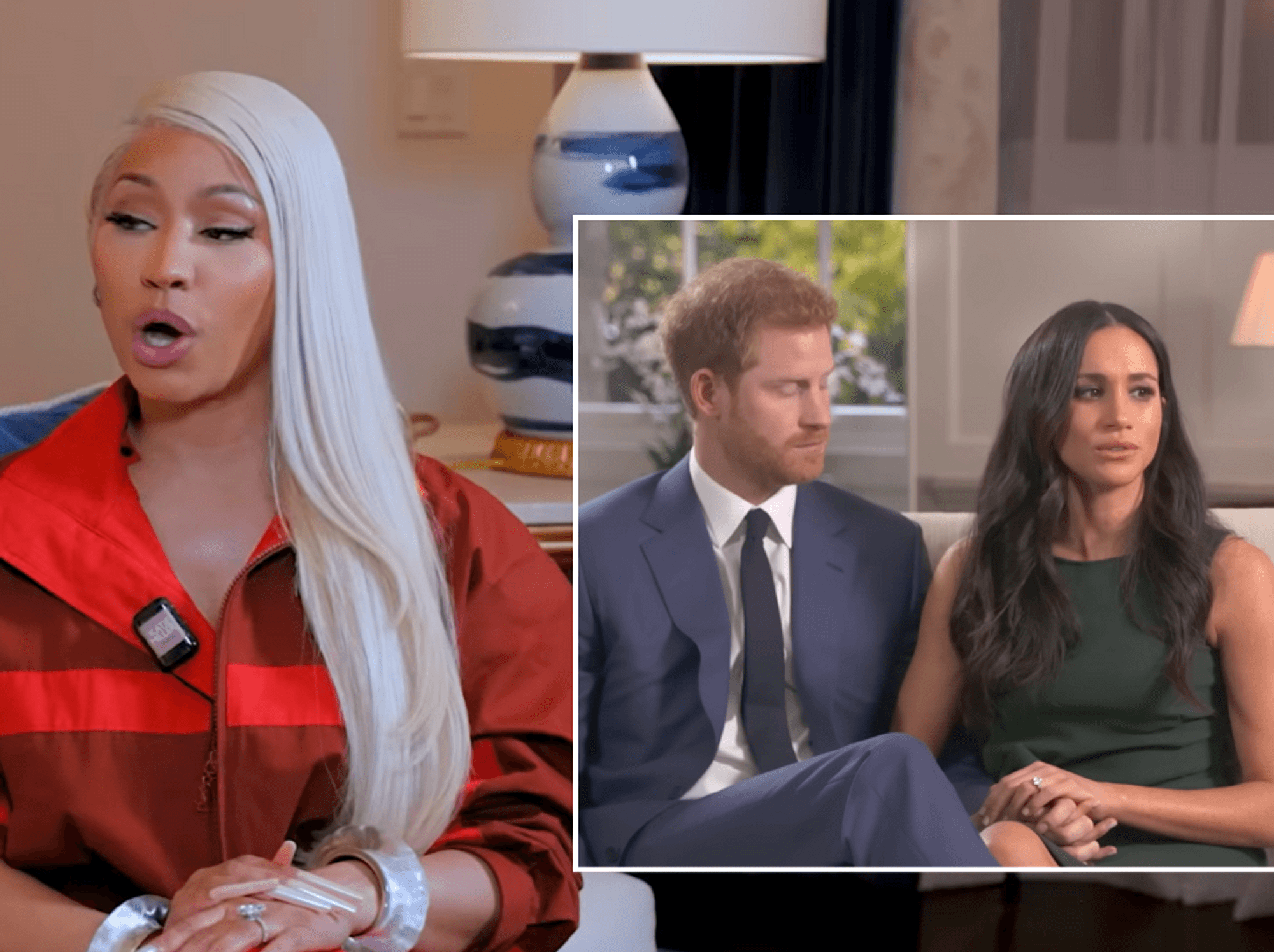Amazon is awash with books aimed at children about sex. It's disturbing, says Bev Turner
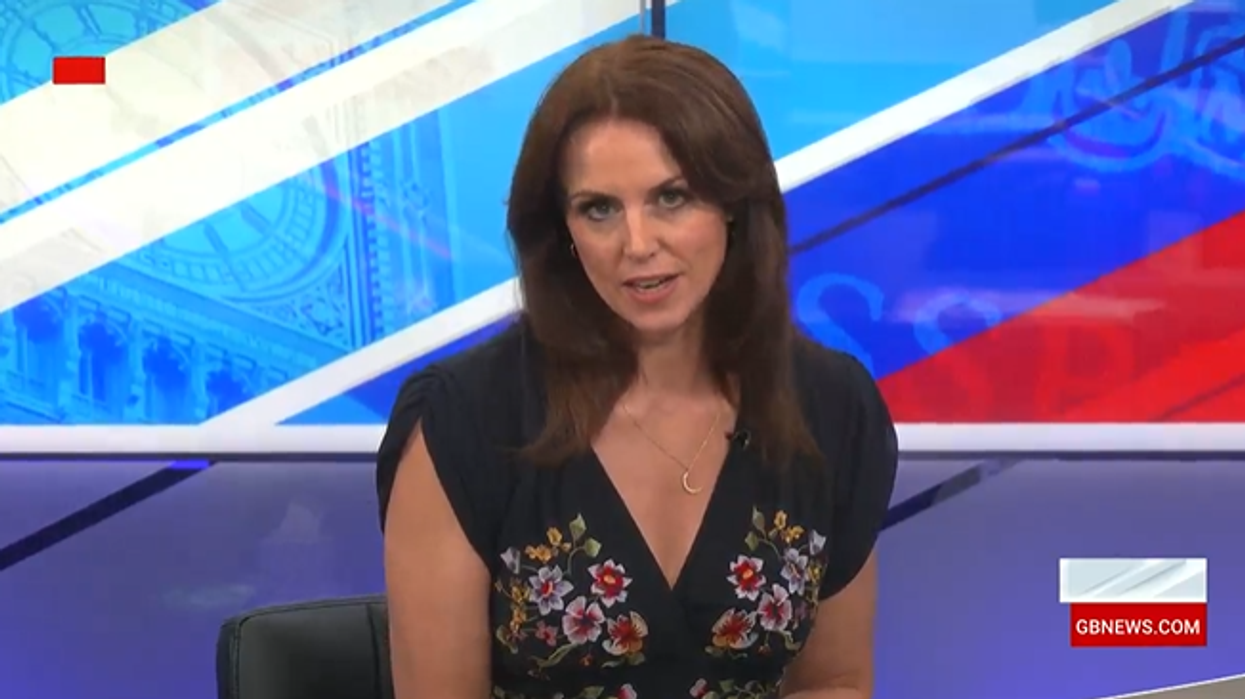

'Often, with kids, less is more – especially when human beings have been doing a pretty good job of navigating sexual highways behind closed doors for millenia'
Don't Miss
Most Read
Latest
It’s a conversation that no parent relishes: how to talk to your kids about sex, relationships and staying safe as they stare down the barrel of the wonderful world of physical intimacy.
My own mother’s sex advice consisted of “don’t come home pregnant. It will ruin your life,” which is pretty succinct in its analysis and worked extremely well as a contraceptive.
At school, most of us can recall awkward biology lessons; in my case taught by a buttoned-up woman in court shoes and tan tights who perfunctorily explained a text book image of ‘testes’ (cue giggles), ‘ovum’ (cue confusion) and sperm (cue repulsion).
The sole aim of these lessons was to pass exams – not to enjoy a satisfying romp in the back of an Austin Allegro as a teenager. There was a time when teachers and writers didn’t care to ponder whether teenage fumbles would result in sexual satisfaction. But welcome to 2024…
Amazon is awash with books aimed at youngsters which explain how to have different types of orgasm; perform mutual oral-sex and identify whether having those comical testes tickled will send you into ecstasy.
Formerly the job of magazines for grown women, the responsibility of coaching simultaneous orgasms has fallen into the hands of pink-haired do-gooders who feel virtuous knowing that they are enabling a generation of teenagers to know the difference between home-made and shop-bought lube.
And such knowledge – in the fullness of time – may prove handy for adults.
The latest book to appear in school libraries across the country is Welcome to Sex by Dr Melissa Kang and Yumi Stynes.
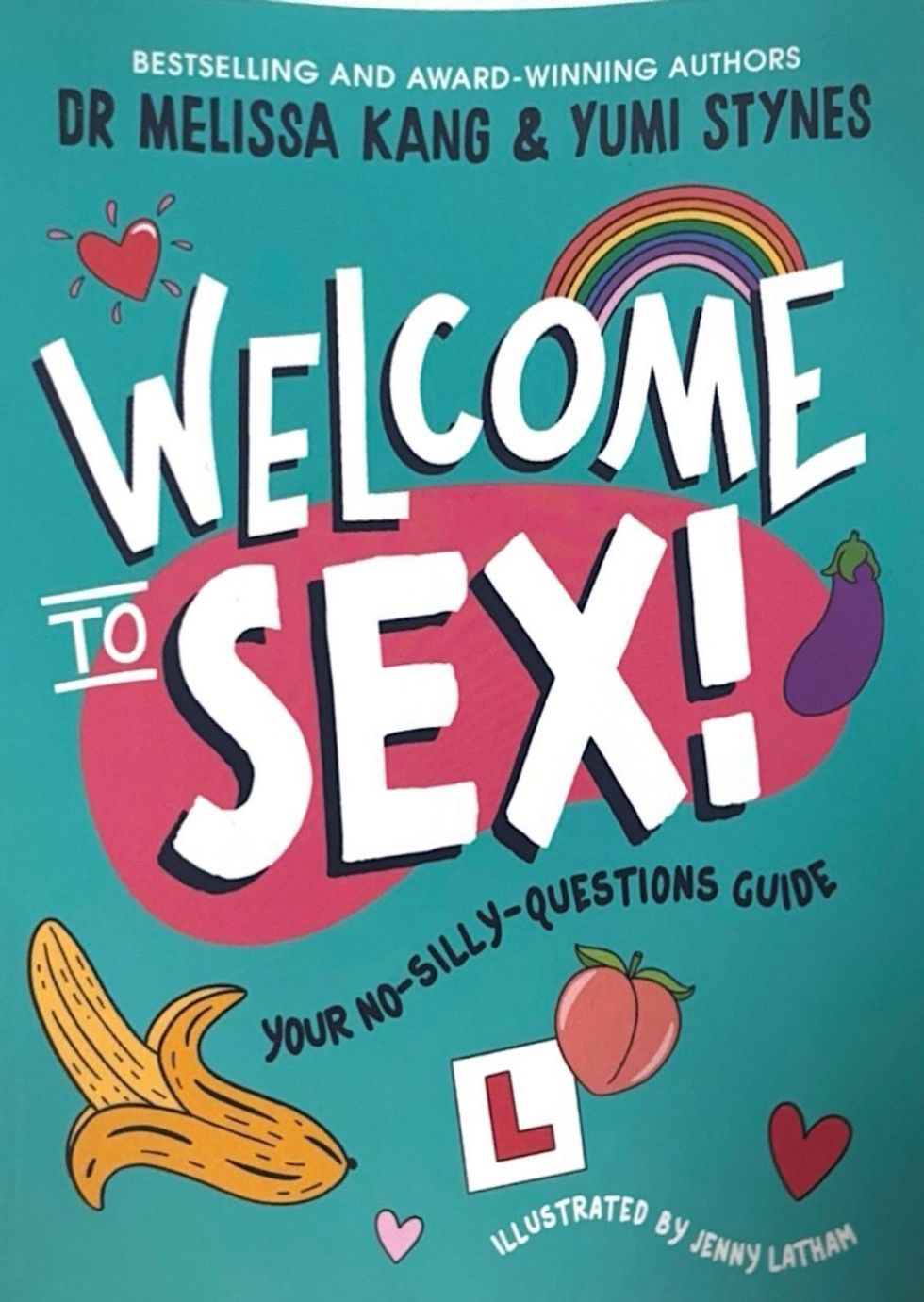
The Welcome to Sex book is now on sale in the UK
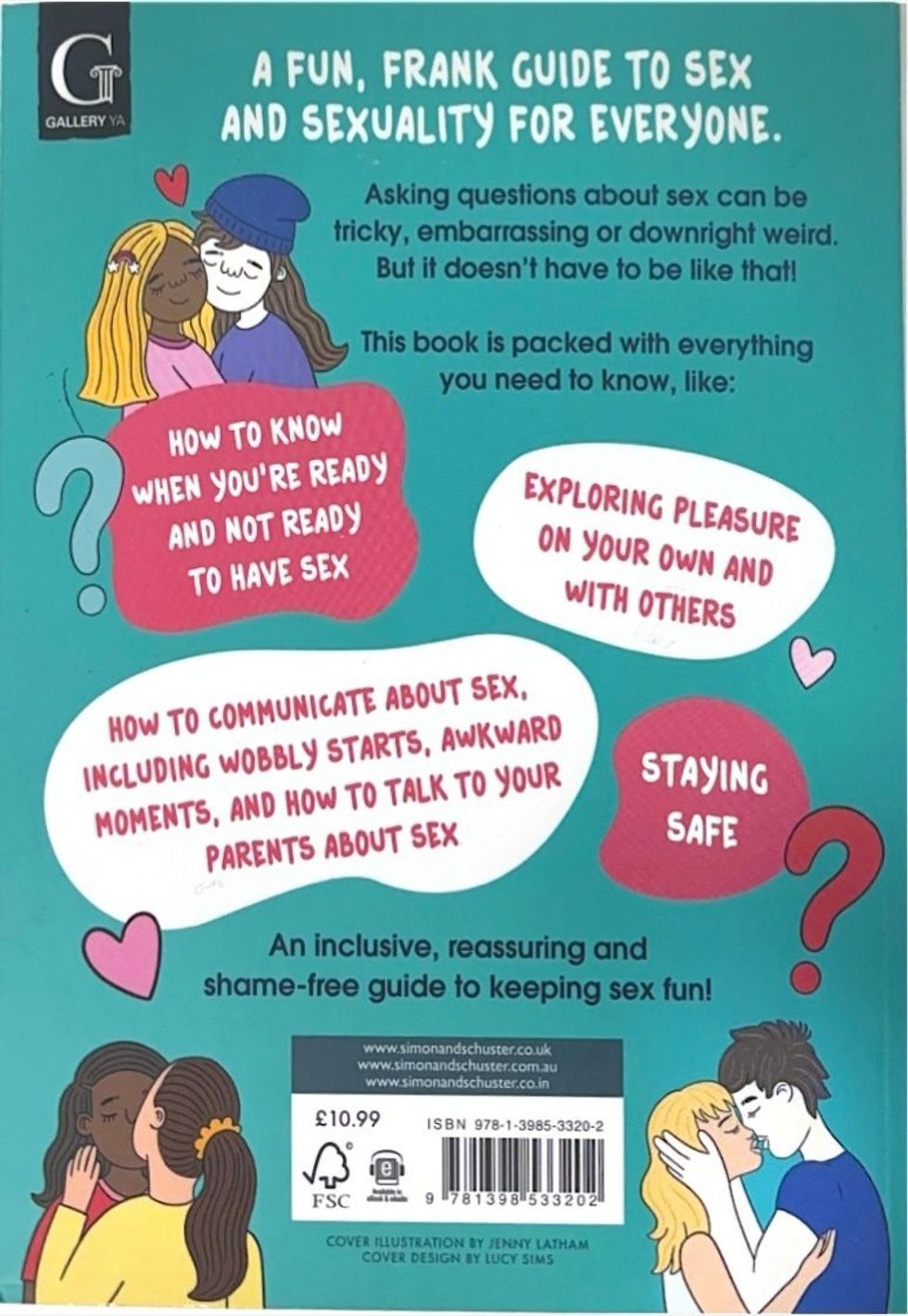
The book claims to be an age appropriate guide to sex
It describes itself as "a frank, age-appropriate introductory guide to sex and sexuality for teens" but is oddly illustrated by cartoons which any teenager would roll their eyes at. The images are similar to those seen in nursery-aged books, except that they don’t depict talking cats and dogs, but the various shapes of labia, the inner workings of a vagina and sex-positions that could easily put an adult’s back out.
And let me be clear – knowing how to enjoy sex and generate the unique pleasure of physical intimacy is a skill that must not be under-rated.
Satisfying (dare I say, skillful, eh ladies?...) love-making can be a route to joy that – in an ideal world - all sentient human beings would experience.
My objection to these books is not about withholding education – it is that there is almost no mention of being able to say no to sex (without having to offer an explanation to your suitor); there is too little mention of the need for privacy which until recently was the absolute cornerstone of sex education for children.
Also, in a digital age, we must of course accept that ‘phone sex’ is becoming common, but this book seeks to radically normalise it. There is no mention of the fact that it could end in a child having a criminal record. I regularly tell my teens, “Don’t EVER send anyone a picture you wouldn’t want your nanna to see.” It’s so far proved effectively terrifying. I know this is controversial, but sex needs to be a little bit terrifying.
The act of touching another person’s private parts should feel like a huge undertaking for a young person. What else is so easily accessible and yet can lead to emotional regret; a criminal record; serious infection or parenthood – nothing with such potentially life-changing consequences should be characterised as nothing but fun! I wouldn’t want any young person to be so scared of sex that it affects their relational happiness, but these cartoon books trivialise the most extraordinary physical act that most of us ever undertake.
This book and the others like it, are yet another example of the boundaries being blurred between the worlds of adults and children. Sex should be celebrated as something to look forward to as an adult; not enjoyed for its own sake, like playing sport or watching a movie.
Of course, we should not be squeamish with our own kids and using simple words to talk about their private parts is vital (with the emphasis on private). When my own son was eight-years-old I was sending him off on an overnight scout camp and was worried about how to tackle the issue of adults taking advantage of boys and girls being away from parental protection. After using several baffling euphemisms much to my son’s confusion, I eventually dropped him off with his sleeping bag and sighed, “Just don’t let anyone touch your willy….and if they do tell me!”
“Got it,” he said and trooped off to sing gin-gan-goolie.
Because often, with kids, less is more – especially when human beings have been doing a pretty good job of navigating sexual highways behind closed doors for millenia.






